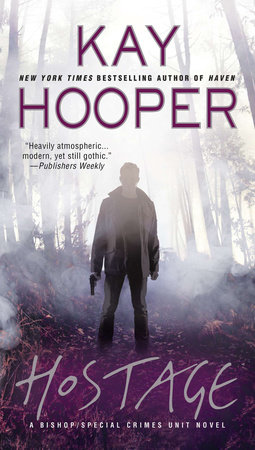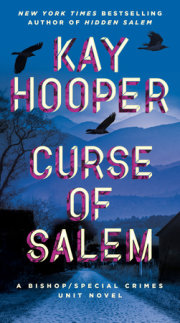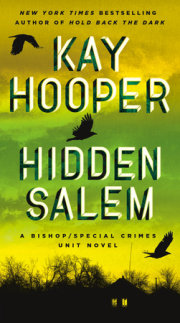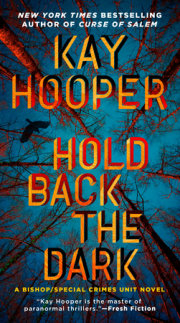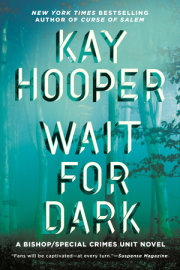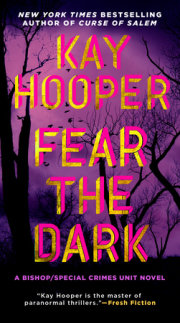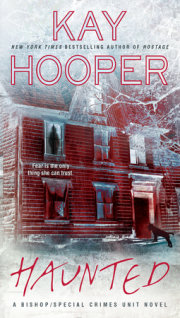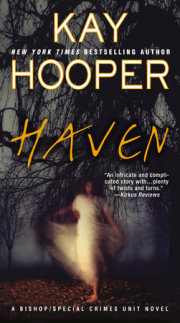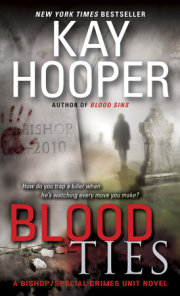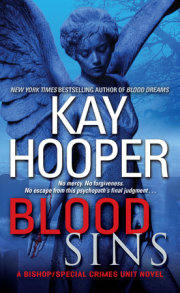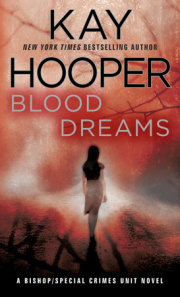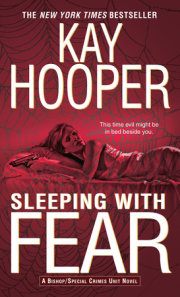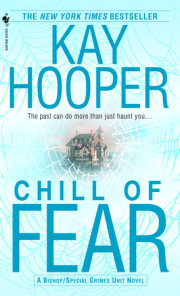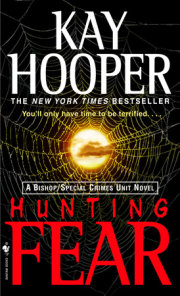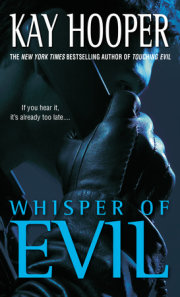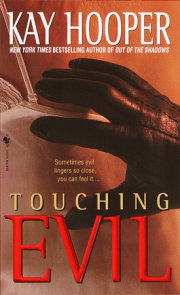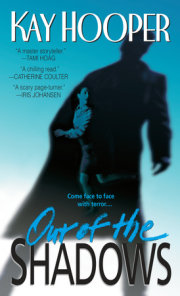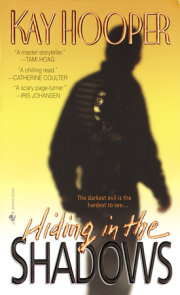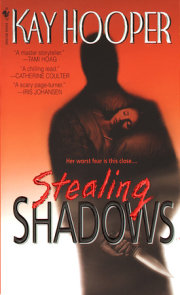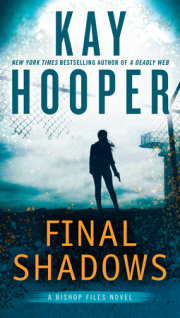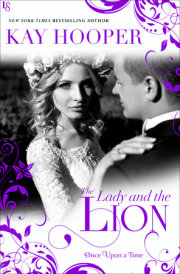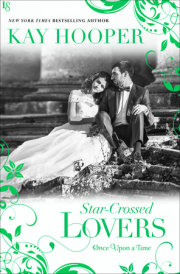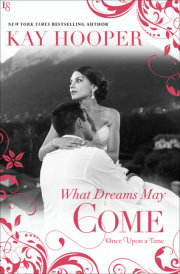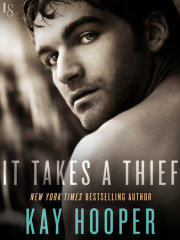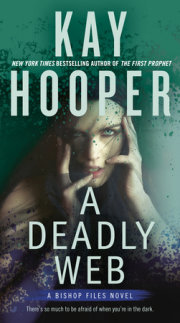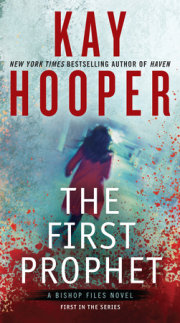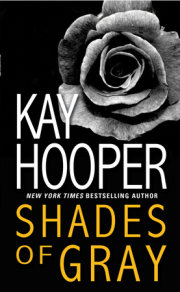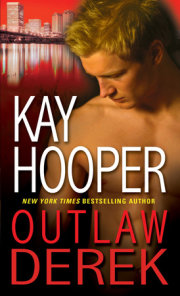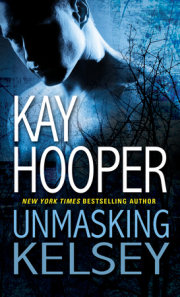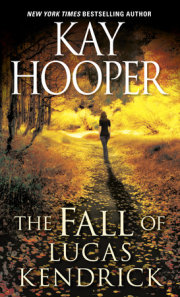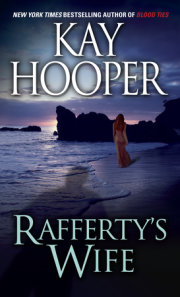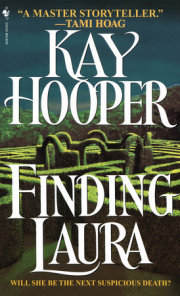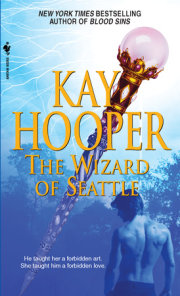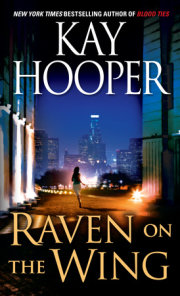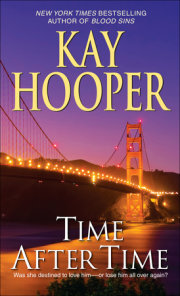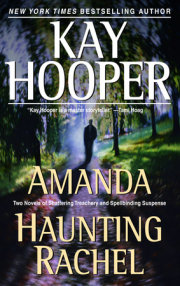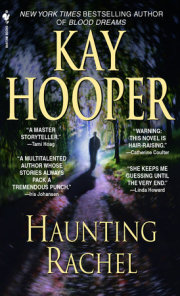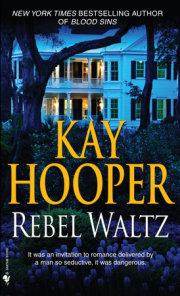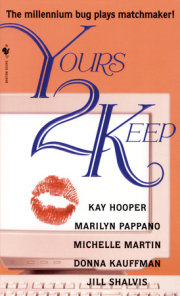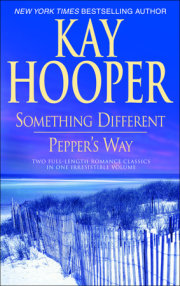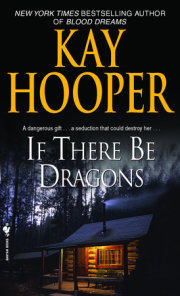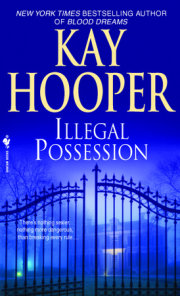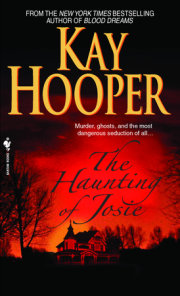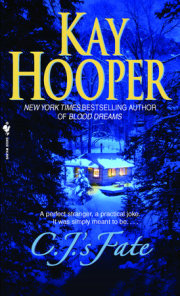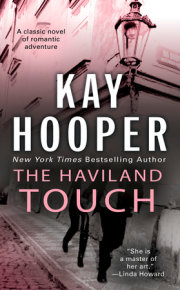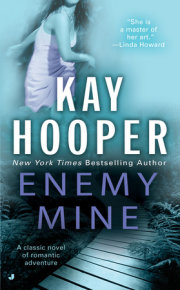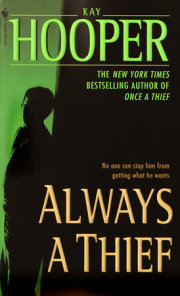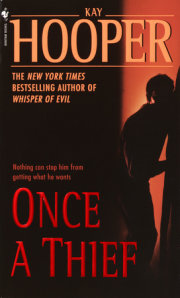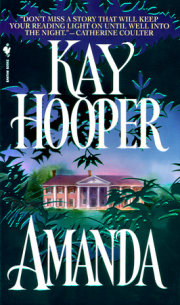Chapter One
Tuesday
Luther Brinkman could see his breath misting before his face in the moonlight; mid-October was cold this year, even in the South. Many hardwood trees that normally showed off colorful foliage that drew tourists to the Blue Ridge were already bare-limbed and glittering with frost, and the rest boasted only dead brown leaves clinging stubbornly.
“Shit.” He paused and leaned against a big oak, grimacing as he adjusted the makeshift bandage around his upper thigh.
Would have been nice if it was at least a through-and-through. But no. I have to have a bullet grinding against bone every time I move.
Painfully against bone.
That was the way it felt, at least; he hadn’t exactly gone digging around in the wound to find out for sure. Slowing the bleeding was the best he’d been able to do. Ignoring the throbbing pain, he concentrated on controlling his breathing so he could better listen.
He couldn’t hear the dogs any longer. That was something. Whether it signaled an end to the pursuit or only a pause was the question uppermost in his mind. It was well past midnight; the bastard might well have decided that his wounded quarry wouldn’t get far, that waiting for daylight to resume the chase was his best bet.
Or to look for a carcass. Even way out here, it wouldn’t be smart to leave a dead body just lying around for the wrong person to stumble across, and he wouldn’t have been able to know just how badly he’d wounded his quarry. Not for sure.
God knew Luther was out in the middle of nowhere, in a dense wilderness that had swallowed up more than one careless hiker and quite a few federal fugitives, never to be seen again. Even with dogs and daylight, tracking someone across this treacherous terrain would be difficult; making the attempt at night was something even the locals would consider suicidal.
But he wouldn’t want to leave a body lying around.
Grim, Luther pushed himself away from the tree and continued on, using a thick broken limb he had found as a rough crutch. The terrain didn’t exactly lend itself to hobbling along with a nice, steady rhythm. Or any rhythm at all. Just keeping himself upright was taking more effort and energy than he liked given the distance he had to cover in order to reach safety: the tiny mountain town he had skirted on his way up here. He had judged it to be about five miles from Jacoby’s cabin as the crow flew.
He wasn’t a crow and couldn’t even begin to travel in a straight line, not with the treacherous terrain and all the obstacles of the dense forest. It wasn’t like it was just a gentle slope downward. There were ridges and switchbacks and deep gullies gouged out of the mountain by spring and summer rains. There were boulders taller than he was, taller than a house, and dense thickets of briars and other foliage.
Working his way past or over or around took time, and it ate up distance. The ground he’d have to cover probably included an extra mile or two at least, and that was assuming he could even last long enough to make the journey.
His mind instinctively calculated, and he tried to ignore the odds it offered him for success.
Never mind the odds. Take stock. You’re wounded, but it isn’t mortal and you can still use the leg. For now, at least. Dawn is hours away, so even if you can’t reach the town you have time to put more distance between you and the maniac with the gun and every reason to want you dead.
Okay. Not too bad.
Except that safety is . . . not close. You’ve lost a lot of blood and need medical attention. And you lost most of your gear, including the water, in that first bad fall, which was stupid but let’s not dwell on it. You have your weapon but maybe . . . what? . . . four rounds left in the clip?
The bastard would probably come after him loaded for bear.
Bears. Don’t think about bears.
They could smell blood. And hadn’t he heard something about an attempt to repopulate the area with once-threatened-with-extinction wolves? Or was that farther west?
Much farther. No wolves around here. Maybe wild dogs. Even cougars have been reported. I think. Bobcats. Certainly bears. Too early to be hibernating. I think. Damn bears.
He paused again to rest, leaning against another tree, and mentally took himself to task for letting his mind linger on things there was no sense worrying about unless and until he had to.
He had the uneasy feeling that he’d lost more blood than he had originally thought, and that was why he was having trouble focusing. Why he was light-headed and his breathing was more like panting.
Why he had to fight the urge to slide down the tree and take a real break. Maybe even a nap.
Oh, man, you are so screwed—
“Taking the scenic route?”
Haven
Maggie Garrett rubbed the nape of her neck absently, then sighed when her husband’s fingers replaced her own. “Careful, or you’ll put me to sleep,” she told him wryly.
“You need to sleep,” John Garrett replied. “By my count, you’ve been up forty-eight hours at least.”
“I took a nap.”
“Twenty minutes maybe. Not nearly enough.”
“I’m okay.”
“No, you aren’t. You’re never okay when one of your chicks is out of the nest.”
A little laugh escaped her. “One of my chicks? I think there’s a better nickname for a six-foot-four-inch former Marine. And I think he’d think so too.”
John came around the desk and rested a hip on the corner so he could face her. They were in Maggie’s office rather than the central work area of the sprawling building that was both home and business for them, and they were alone. “Haven operatives are all your chicks, especially when one comes up missing.”
“He should have checked in by now. He should have checked in hours ago.”
“Given the terrain, I doubt he could get a signal out.” John paused, then asked deliberately, “Not a conventional signal, at least. Have you sensed something else?”
Maggie frowned. “I don’t have a very strong connection with Luther. It makes him uncomfortable. He’s fine with the telepaths, but since I pick up on emotions, and he’s still buttoned up tight . . .”
“He’d rather keep his feelings to himself. Okay, I get that. With all the shit he’s been through, I doubt most people would be eager to open up. But you’re still sensing something?”
“It’s just a vague feeling that something is wrong. Sort of a ghostly echo of pain.”
“Physical pain?”
“I think so. Hard to be sure, though.”
“Then probably not mortal pain.”
“No, probably not.”
“It was a simple enough assignment,” John said, in a thoughtful tone. “Granted, our information put his target deep in the middle of nowhere, but hiking in there and finding him shouldn’t have been much trouble for Luther considering his tracking and survival skills on top of his . . . psychic radar. All he had to do was get his hands on that last car we’re certain Jacoby drove, however briefly. After that, it was only a matter of tracking him, then settling down to observe from a distance for long enough to make sure the guy wasn’t going anywhere, then withdraw and report in. We turn the information over to Nash, and he has the location of their escaped fugitive. Our job is done. The feds can go in and get him.”
“Yeah.” Maggie was still frowning.
“What?”
“Well . . . didn’t it strike you as a little odd that Agent Nash came to us?”
“He checked out,” John reminded her.
“I know he did. I know. And it made sense that, working pretty much alone out of a small field office in Tennessee, Nash didn’t have the resources to launch a manhunt when he couldn’t even narrow down the area in thousands of acres of wilderness.”
“Didn’t have the skills to do much on his own, either. He’s pretty obviously a city boy.”
Maggie nodded. “And the report from the Forest Service was clear enough; without a lot more information, they couldn’t narrow down the area enough to search effectively themselves, especially since the search dogs lost the scent about a hundred yards from that abandoned car. It was pretty much straight up a mountain from there, and what towns exist in the area are scattered, tiny, and have a well-deserved reputation for minding their own business and not being especially welcoming or forthcoming to outsiders. Especially outsiders with badges.”
“Remote doesn’t begin to describe them,” John agreed. “In an age of instant communication, they certainly do represent almost a return to simpler times.”
Shifting to betray a rare sign of unease, Maggie said, “There are reports of survivalist and militia groups in that wilderness. Very credible reports. Some of the groups have been up there for years, and they aren’t just unwelcoming to visitors; they’re actively hostile.”
“Luther has too much experience not to be able to avoid that kind of potential trouble.”
“I know, I know. But I wish now I hadn’t sent him in alone.”
“One man alone, skilled and accustomed to rough terrain, could cover the distance faster and get in and out with the least chance of being detected. We agreed, and so did Luther.”
She nodded. “Yeah, it makes perfect tactical sense. And we had to get someone in close, since none of our operatives have the ability to pick up on Jacoby from a distance.”
“It’s the sort of thing our operatives do, love. And word has spread in the last few years; we have several active cases pretty much all the time.”
Maggie finally voiced what had been nagging at her. “Why didn’t Nash go to Bishop? That would have been the natural thing for a federal agent to do, to keep it inside the FBI. Why turn to a civilian organization when he had to know about the SCU?”
“Bad blood?” John suggested after a moment. “Bishop has made more than his fair share of enemies, and at least a few inside the bureau have been heard expressing resentment over the relative autonomy the Special Crimes Unit enjoys. Or maybe Nash simply didn’t want his superiors to know he needed outside help to complete his assignment.”
With a slight grimace, Maggie said, “I’d almost rather it was the former. For a federal agent to use us and then claim the credit in locating an escaped felon is just so . . .”
“Underhanded? We always request anonymity anyway; maybe he knew that going in.”
“Maybe. Still.”
If there was anything John Garrett had learned in the last few years, it was to respect his wife’s feelings, however vague they might seem. He leaned forward to kiss her, then said, “Well, we can’t report anything to Agent Nash until Luther reports in to us. But we can call Bishop.”
Luther found himself staring down the business end of a shotgun, all too clear in the moonlight. He actually had to force himself to lift his gaze from the barrels and focus on the woman holding the weapon.
“Taking the scenic route?” she repeated, her tone calm.
The angle made it impossible for him to see her face; she wore jeans and a warm jacket with a fur-trimmed hood pulled up.
He envied her the hood; he thought his ears might be frozen.
If he’d had two solid legs under him, Luther probably would have handled the situation differently, but as it was he judged he had little choice. The light-headedness was getting worse. “Ran into a little trouble hiking,” he said.
In the same calm tone, she said, “Yeah, people run into bullets all the time in these mountains. Especially miles off the hiking trails and on private land. Posted private land. Anybody comes way up here to live, they generally prefer to be left alone.”
“A simple ‘Go away’ would have been enough.”
“That’s what the No Trespassing signs were for. Or did you manage to miss all of them?”
He decided, after backtracking a bit mentally, that he had missed the important point, and added, “How do you know it’s a bullet wound? I might have fallen or . . . something.”
“Looks like you’re about to fall on your ass,” she said. Then added, “That gun come with a badge?”
He wondered how she could see his handgun, since it was in a shoulder holster inside his zipped jacket. “Sort of.”
The barrels of the shotgun lifted until they were pointed at his face. “Either you have a badge or you don’t.”
“Private investigator,” he said, hoping he wasn’t tripping over syllables in his haste to get the words out. “Licensed. Hired to locate an escaped fugitive.”
“Escaped from where?”
“Uh . . . Virginia. Federal custody in Virginia.”
And they sent a civilian after him?”
“Not at first. I mean . . . there were state cops and FBI and maybe marshals, I dunno. Bunch of people. Tracking dogs. But he gave them all the slip. And in these mountains . . . Well, fugitives have gone missing pretty much forever.”
“So you were hired.”
“I’m good at this sort of thing,” he said, wryly aware of the irony that drove him to add, “usually.”
But all she said was, “And did you locate him?”
He had to think about that for a minute, aware of the vague notion that just because she had a gun in his face it didn’t mean he had to tell her everything. In fact, it actually meant he shouldn’t tell her anything.
Name, rank, serial number.
He remembered the drill.
“Yeah,” he heard himself say. “But I was just supposed to find him and report in, that’s all. Sneaky bastard slipped around behind me when I was waiting for it to get dark enough for me to leave without being seen. After that, I was just trying to get away from him and his dogs.”
“Cole Jacoby.”
He had the odd, fuzzy thought that she wasn’t providing information so much as probing to find out what he knew. Except . . . he also felt she didn’t have to do that. For some reason. What reason? “You know that because you’re neighbors?”
“That. There aren’t many of us up here this time of year. And I heard his dogs. Around here, we usually keep our dogs in at night—unless there’s something we need to run off.”
“Which is why you came out here?”
“I also heard shots. And the whole area is posted no hunting. Besides which, it wasn’t rifle fire I heard.”
Luther wondered why she was now aiming the shotgun above his head, and realized only then that he was sliding slowly down the tree at his back. His legs felt like rubber.
“Shots. Uh-huh. Those would have been him shooting at me, and me . . . returning fire. I wasn’t supposed to shoot him, so . . . I didn’t try to hit him. He didn’t . . . grant me . . . the same . . . courtesy.” He shook his head to try to clear his vision. “Jesus, you’re tall.”
A sigh misted in the air in front of the face he still couldn’t make out, and she lowered the shotgun until the barrels pointed downward. “No, you’re tall. And heavy. And it’s going to be a bitch getting you back to my place.”
“Are we going to your place? That . . . sounds like . . . a plan.”
“A plan that would work better if you didn’t pass out along the way.”
“Me? Pass out? Nah, I’m . . . fine. Just need to rest a little . . . while. And . . . I’ll be . . . good as . . . new.”
She bent toward him, and he tried really hard to see her face. But all he caught was the almost eerie gleam of her eyes.
You’ve got a ways to go before you’re as good as new, pal.
It was the last thing he remembered, wondering if that had been his thought—or hers.
Copyright © 2013 by Kay Hooper. All rights reserved. No part of this excerpt may be reproduced or reprinted without permission in writing from the publisher.

